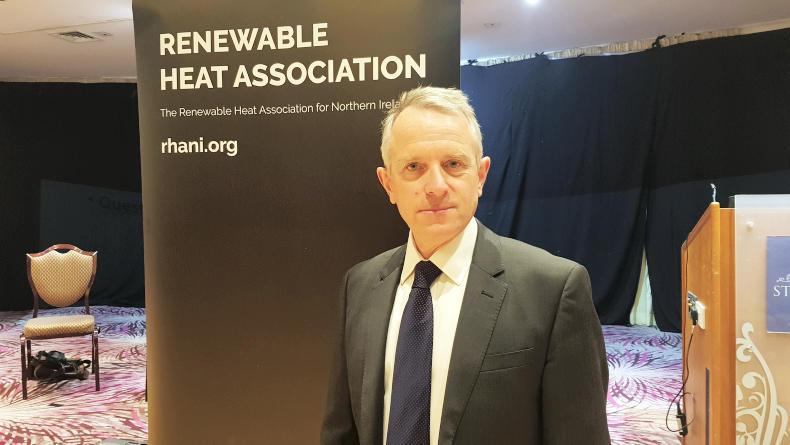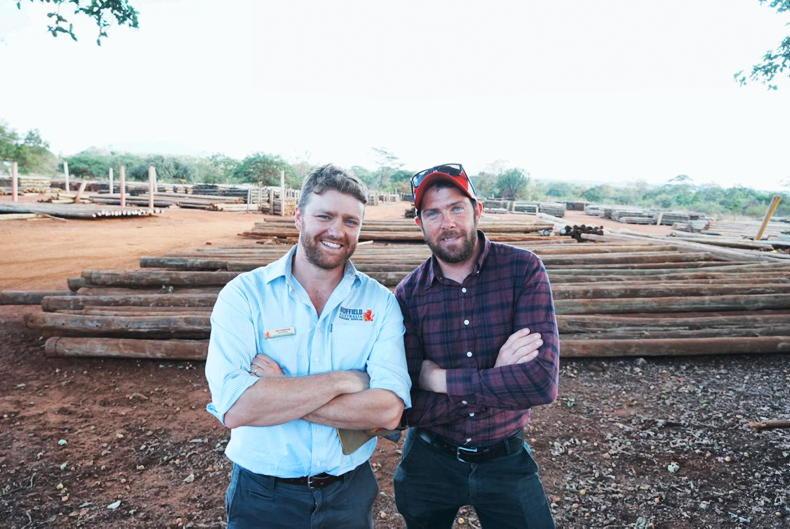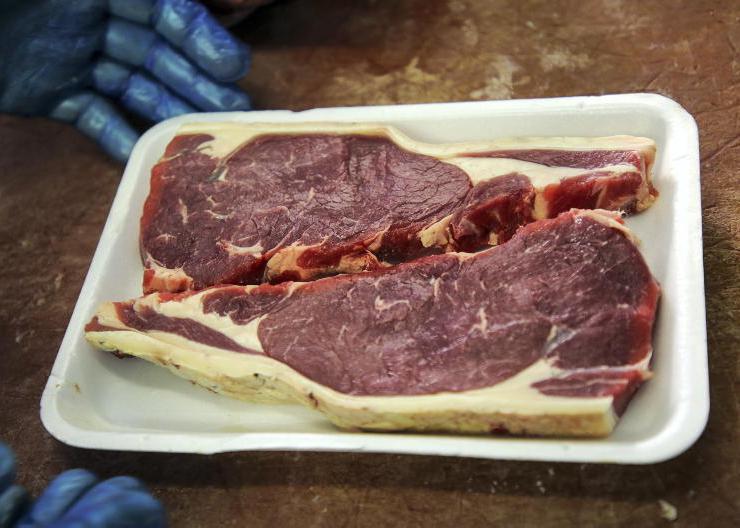A legal challenge to the latest Renewable Heat Incentive (RHI) tariff cuts has been scheduled for the High Court in early June.
The case is being brought forward by Ballymoney poultry producer Tom Forgrave on behalf of the Renewable Heat Association for NI (RHANI).
RHANI executive chair Andrew Trimble told members in Belfast last week that the case has been delayed several times to allow for three upcoming reports to be used as evidence.
These are the RHI public inquiry report by Sir Patrick Coghlin, a review into current RHI tariffs by external consultants, and a report on financial hardship among scheme participants by energy expert Andrew Buglass.
The latest cuts to RHI tariffs came into effect in April 2019 and meant annual payments for a standard 99kW boiler reduced from £13,420 to £2,210.
The judicial review is to be heard in the High Court over three days from 8 to 10 June and a final judgement is not expected until the early autumn.
In the longer term, RHANI is also preparing to appeal its unsuccessful legal challenge to the first RHI tariff cuts that were introduced in 2017.
“Our primary focus is the 2019 regulations because they did the most financial damage and put tariffs furthest away from where they started,” Trimble said at RHANI’s annual general meeting last week.
RHANI morale
There was a resolute mood among RHANI members at the meeting and all votes on continuing legal action against the Department for the Economy (DfE) and the Northern Ireland Office were passed without any objections.
Despite ongoing legal action, RHANI is in a sound financial position, which has allowed annual fees for existing members to reduce from £250 to £100 per RHI-accredited boiler.
Trimble told members that RHANI has protection against legal costs for current and future court proceedings related to RHI due to an out of court settlement with DfE.
“I am not risking the family farm by proceeding with litigation that we cannot afford,” he said.
However, RHANI has lost some members since the first cuts to RHI tariffs were introduced three years ago. Trimble said that at its peak the organisation had contact with almost 600 of the 1,100 RHI participants, whereas there are 380 paid-up members at present.
Scheme closure
In January, a cross-party commitment was given in the New Decade, New Approach deal to close RHI and replace it with “a scheme that effectively cuts carbon emissions”.
However, Trimble told RHANI members that RHI closure is unlikely due to the threat of further litigation: “I do not believe that Ms Dodds (DfE Minister), the Executive and the Assembly will close the scheme.”
He also maintained that it would be difficult for DfE to promote a new renewable energy scheme following the cuts to RHI tariffs which were originally guaranteed for 20 years. “Good luck trying to sell RHI 2 to new participants,” Trimble said.
Read more
Legal concerns surround RHI closure
RHI options to come before NI Executive
A legal challenge to the latest Renewable Heat Incentive (RHI) tariff cuts has been scheduled for the High Court in early June.
The case is being brought forward by Ballymoney poultry producer Tom Forgrave on behalf of the Renewable Heat Association for NI (RHANI).
RHANI executive chair Andrew Trimble told members in Belfast last week that the case has been delayed several times to allow for three upcoming reports to be used as evidence.
These are the RHI public inquiry report by Sir Patrick Coghlin, a review into current RHI tariffs by external consultants, and a report on financial hardship among scheme participants by energy expert Andrew Buglass.
The latest cuts to RHI tariffs came into effect in April 2019 and meant annual payments for a standard 99kW boiler reduced from £13,420 to £2,210.
The judicial review is to be heard in the High Court over three days from 8 to 10 June and a final judgement is not expected until the early autumn.
In the longer term, RHANI is also preparing to appeal its unsuccessful legal challenge to the first RHI tariff cuts that were introduced in 2017.
“Our primary focus is the 2019 regulations because they did the most financial damage and put tariffs furthest away from where they started,” Trimble said at RHANI’s annual general meeting last week.
RHANI morale
There was a resolute mood among RHANI members at the meeting and all votes on continuing legal action against the Department for the Economy (DfE) and the Northern Ireland Office were passed without any objections.
Despite ongoing legal action, RHANI is in a sound financial position, which has allowed annual fees for existing members to reduce from £250 to £100 per RHI-accredited boiler.
Trimble told members that RHANI has protection against legal costs for current and future court proceedings related to RHI due to an out of court settlement with DfE.
“I am not risking the family farm by proceeding with litigation that we cannot afford,” he said.
However, RHANI has lost some members since the first cuts to RHI tariffs were introduced three years ago. Trimble said that at its peak the organisation had contact with almost 600 of the 1,100 RHI participants, whereas there are 380 paid-up members at present.
Scheme closure
In January, a cross-party commitment was given in the New Decade, New Approach deal to close RHI and replace it with “a scheme that effectively cuts carbon emissions”.
However, Trimble told RHANI members that RHI closure is unlikely due to the threat of further litigation: “I do not believe that Ms Dodds (DfE Minister), the Executive and the Assembly will close the scheme.”
He also maintained that it would be difficult for DfE to promote a new renewable energy scheme following the cuts to RHI tariffs which were originally guaranteed for 20 years. “Good luck trying to sell RHI 2 to new participants,” Trimble said.
Read more
Legal concerns surround RHI closure
RHI options to come before NI Executive










SHARING OPTIONS